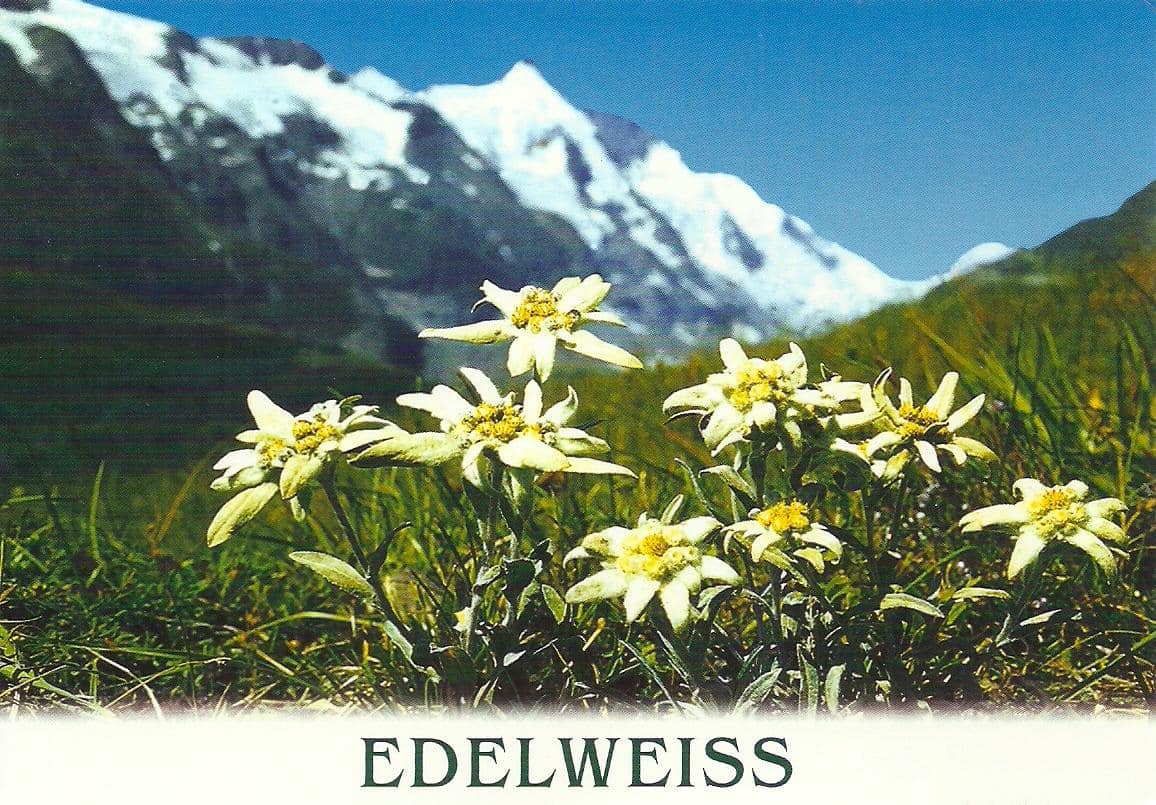418 total views
Homily for Ash Wednesday, 22Feb 2023, Mt 6:1-6, 16-18

Today we begin the 40-day season in the liturgical calendar of the Church we call Lent. Someone asked me, “Why is Lent called a JOYFUL SEASON in the Eucharistic prayer if it is a season of penance?” He must be really attentive. He noticed the preface 1 for Lent prayed by the priest that says, “Each year, you give us this joyful season when we prepare to celebrate the paschal mystery with mind and heart renewed”.
Well, first of all, the word itself: LENT already gives a hint. No, it has nothing to do with LENDING, which most people do not consider as joyful at all. It comes from the old English word for springtime—Die Lente in German, Tagsibol in Tagalog, the timing of this 40-day preparation for Easter in the West.
If you have ever lived in places with four seasons and a rather heavy winter, you will know what it is like to see the end of winter and experience the beginning of spring. Everything comes back to life. The grass is growing again, daffodils are sprouting, trees are blooming, how can that not be joyful?
Secondly, the whole reason why we do penance for forty days, is so that we can meaningfully celebrate Easter, resurrection, new life—which is what spring symbolizes. How can you know the joy of Easter if you have not yet known the penance of Lent?
Perhaps the reason why we find it hard to imagine Lent as a joyful season is because we tend to confuse JOY with HAPPINESS (ligaya at saya). Not all happy people are necessarily joyful people. Joy is more than happiness. Happiness is temporary while joy is constant. Joy is not just about feeling good; it is more lasting and spiritual. It involves a choice to live life with meaning and purpose, even if it may mean having to go through some hardships. It is not taken away by momentary experiences of unhappiness.
Today’s Gospel gives us three spiritual disciplines that we have to learn if we want to experience Lent as a joyful season: almsgiving, praying and fasting.
ALMSGIVING is an exercise in a different kind of giving, giving as God does—without condition, without expecting anything in return. We normally give to people from whom we have received love and favors. There is happiness in it, but not necessarily joy.
Almsgiving is a spiritual exercise in giving for the sheer joy of it. St Ignatius Loyola once composed a prayer for generosity, which is the spirit that motivates almsgiving. We must constantly pray, he says, that we learn “to give and not to count the cost…”
Unfortunately, we have tended to associate almsgiving with giving away small change, or things we no longer need. If the real intention is just to dispose of clutter in our closets and store rooms, that might not yet be almsgiving. St Theresa of Calcutta once challenged people to “give until it hurts.” Perhaps she meant a more serious kind of giving that hurts the pocket. But she later revised it and said, “Give until it no longer hurts.” Meaning until we have already discovered the joy of the very act of giving, so that instead of feeling diminished, what we experience is an overflow of grace.
FASTING, the second discipline, helps us to liberate ourselves from our many attachments. It comes with the attitude of putting first things first, of having a sense of priorities, of conquering our addictions and obsessions. Fasting is a spiritual way of counteracting our proneness to enslavement to greed, resentment, envy, jealousy and lust.
Only people who FAST meaningfully will also know how to FEAST meaningfully. They will not do fasting as an obligation or a sacrifice but rather as a willful act of love. Only people who love genuinely and unconditionally will be realy for sacrifice and self-denial, and be able to do it not with sadness or compulsion but with joy.
Finally, PRAYING. We’re not yet praying says Jesus, if our motive is to get people to fix their gaze on us. In prayer, one seeks no other attention except that of God. It is about entering into God’s presence, and allowing God to fix his gaze on us, so that like a bashful flower bud we blossom quietly. Like the song about the edelweiss flower of Switzerland—God is the lover who sings to us his beloved and says, “Blossom of snow may you bloom and grow, bloom and grow forever.”


















